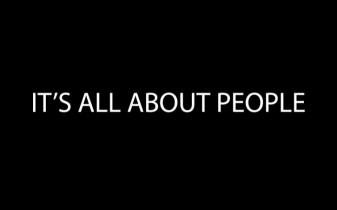If social innovation is the answer, what was the question?
Today Ruth is taking part in a conversation, led by the Young Foundation and attended by a host of people we like and admire, to explore the ‘purpose and promise of social innovation and its role in tackling inequality at the heart of the new public work’.
The workshop forms part of a research project exploring the future potential and trajectory of social innovation as an idea and as a practice; especially in the context of The Young Foundation’s focus on the structural causes of inequality. The purpose is to discuss some ideas that are taking shape in response to that challenge, and which are set out in a draft research paper from Martin Stewart-Weeks “Social innovation, inequality and the new public work.”
We’ve seen the paper and Ruth will be responding to it in the session. Our initial reading of it raises some questions and thoughts around the following:
- What’s the connection between social innovation and system change?
- What’s the connection between the little interesting project and disruptive tools and approaches, and the big levers of power and infrastructure?
- If the tools and approaches of social innovation are part of the answer to system change, what is the rest?
- What about scale? Is it only big things that impact on systems and structures? Where does the subtle work with people, culture and leadership fit in?
- What are the fundamental principles and non-negotiable elements of social innovation that can create wider, system change?
Our work in Essex is multi-faceted and complex. We are working with and alongside leaders and other professionals within the council to grapple with exactly these questions, whilst also co-designing and creating things (activities, events, ideas and projects) that model the potential and power of social innovation in context. We are acutely aware of the need to focus not (only) on the small and interesting, but on doing things that have longer term impact on how the organisation functions, and which ultimately change what people think, feel and do day to day.
The question that’s preoccupying me is, ‘how do people fit in to all of this?’ if we start to focus our thinking on structures and systems. I think that in ThePublicOffice we:
- Believe in the power of individual and collective action (doing good things changes things)
- We focus on helping professionals and organisations find ways to put power in the hands of citizens (in lots of different ways, at all levels)
- Pay attention to using leadership and culture as levers to shape systems, structures and processes
The conversation is about to kick off. More to follow.
